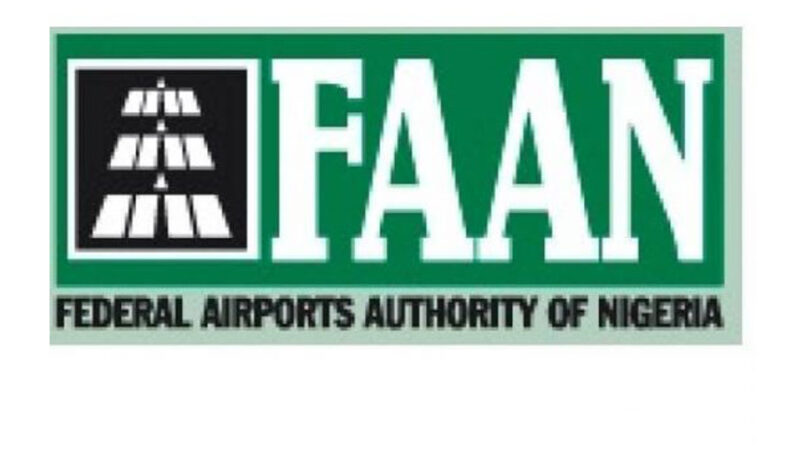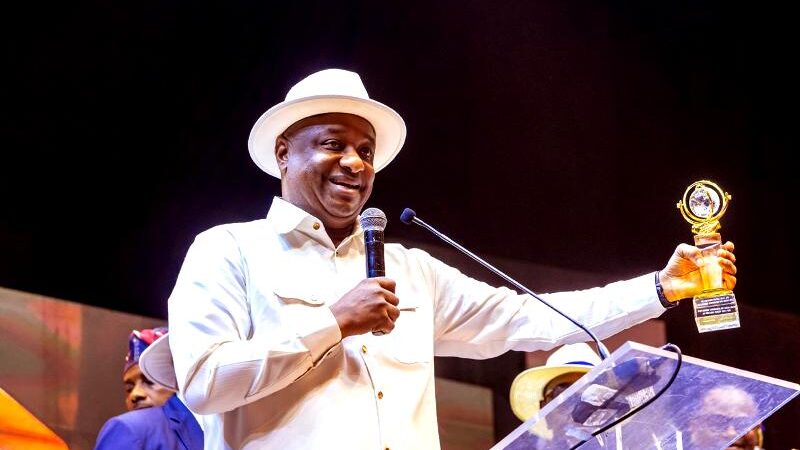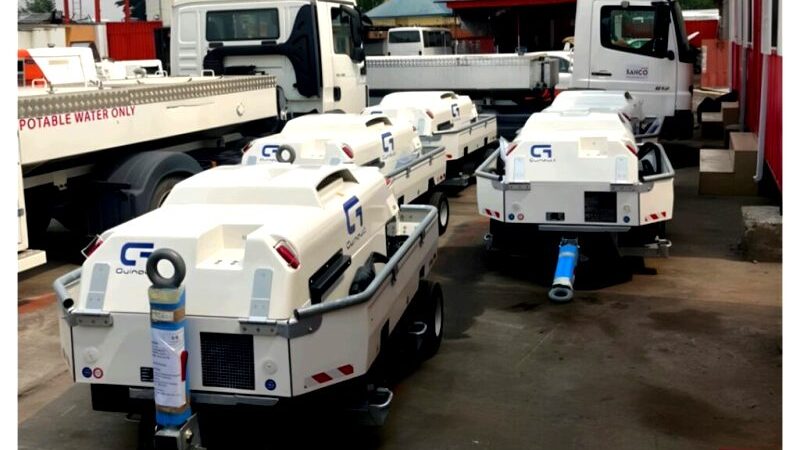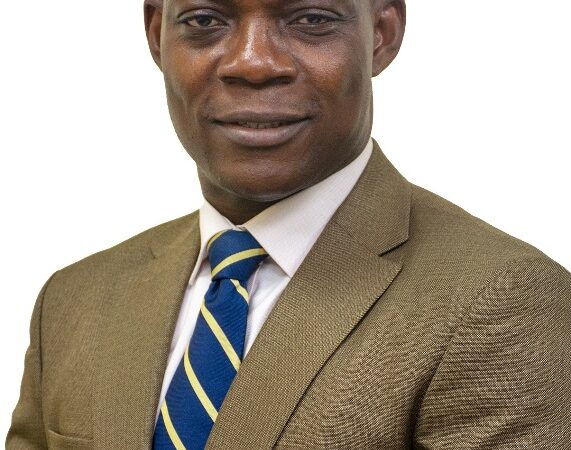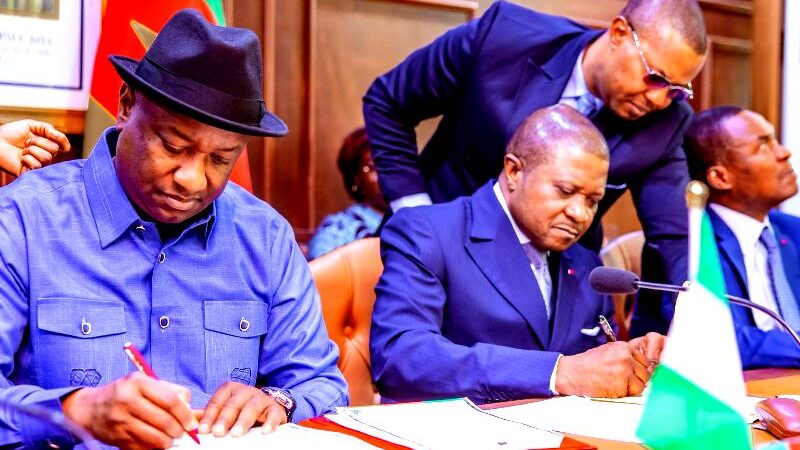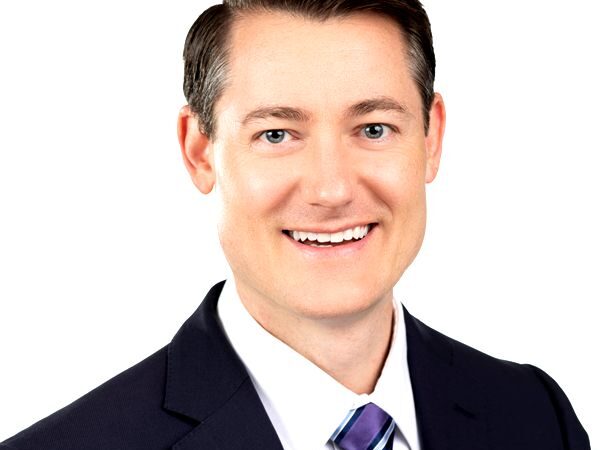Mary Olowo-Sokeye Recommends Leasing Option For New Airlines In Nigeria
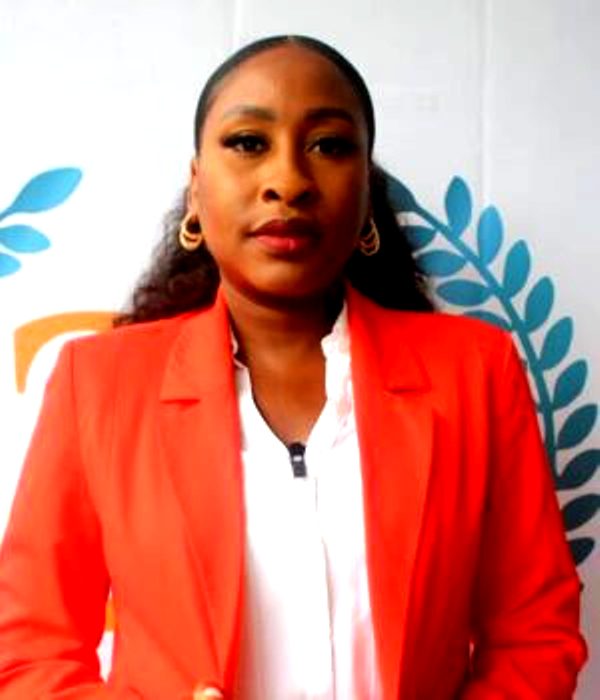
The Chief Financial Officer of Sabre West Africa, Mary Olowo-Sokeye has recommended that new airlines start their operations with the leasing option of aircraft financing.
Speaking at the 29th Annual Conference of LAAC with the theme, “Aviation Financing in Nigeria: The Risks, Opportunities and Prospects,” she said choice of option for aircraft financing is one of the restrictions for new airlines.
“So, you are a new airline. You start with your planning. You look at what the previous airlines have done well. You adopt what they have done well and you try to plan for what they didn’t do so well. So, a lot of times, I would encourage that new airlines start with the leasing option. I think a lot of times, people want to own those aircraft and that could be problematic. It works for some people if you have a lot of cash, but because when you are in the loans, you have very, very high payment terms because you are owning it for the lifetime. It is kind of like a car. You buy a car today. If it’s $50 million, you have got to pay that $50 million over five years. Leasing is slightly different. Right? You never want to own it. You just use it to get you to make money. So, when you lease it, you have maybe two, three years to use it. You pay a fee, like a leasing fee, which is usually lower than the cost of ownership; and the servicing and all of that stays with the owner. So, you only have to pay a fee to use it to gain what you need. When talking about very expensive things like an aircraft, ownership is great if you have a lot of cash. If you don’t, then, the lease back-option,” she said.
She then stated: “For like new airlines or new people trying to get into the airline space, definitely consider the leasing option.”
She also called on government to “start to infuse cash into the aviation space to empower a lot of our already existing airlines, right? Just imagine if Air Peace, for example, was granted 300 million grants. That would make a huge difference in the amount of fleet they can have, in the amount of routes they can cover, in the amount of distances; and what they put in innovation, in the infrastructure of their planes, in the system put in place. There’s just so much they can do with the funding.”
She equally made a case for diversification of investment. “There’s not one way to skin a cow or to cook a fish. You have to diversify and I think it’s very important to have great oversight. Let me talk about diversification for a second. A lot of times, I think we financial people do our jobs well, but we don’t look at other ways to grow the money we already have. So, to the extent you’re profitable for a few years, it’s important for you to diversify that money that is coming in and putting those funds into other avenues that will yield income for you,” she said, stressing on “reinvesting those profits, sometimes outside of your area of influence, the business, to grow the money. That’s number one. Number two. There is no way around it. You have to have financial oversight. It’s pretty important for you to understand the ins and the outs of your financial statements. Most times, people focus on profit and loss, P&L, but there’s so much more. Cash flow and liquidity is big, right? If you have a reinvestment you want to do and your cash flow is negative, I can almost tell you that no CEO or investor would be willing to approve that. So, ensuring that you’re really, really taking care of your financial health or the financial health of a company is essential for success.
Talking about the Nigerian market situation where there is regular devaluation, she said “in Nigeria, we are devaluating at every point in time. FX is high and aviation business is on FX.” She said the way the foreign currency operates is important. “I remember when I took this role as the Chief Financial Officer about three years ago. It was 460 naira to the dollar and today, it is $1,550 to the dollar. So, you do run that risk, right? Because in a leasing term, if you agreed that you were going to pay $1,000, now you need a whole lot more Niara to get that $1,000. I think that’s part of the economic environment that we work in, and unfortunately, that cost needs to be transferred somewhere, right? It can’t sit on the balance sheet of the company. In most cases, that cost will find its way to the consumer, which is the passenger. I think that’s just one of the perks of the trade of the business that we currently operate, sadly.”
SEE MORE PHOTOS

